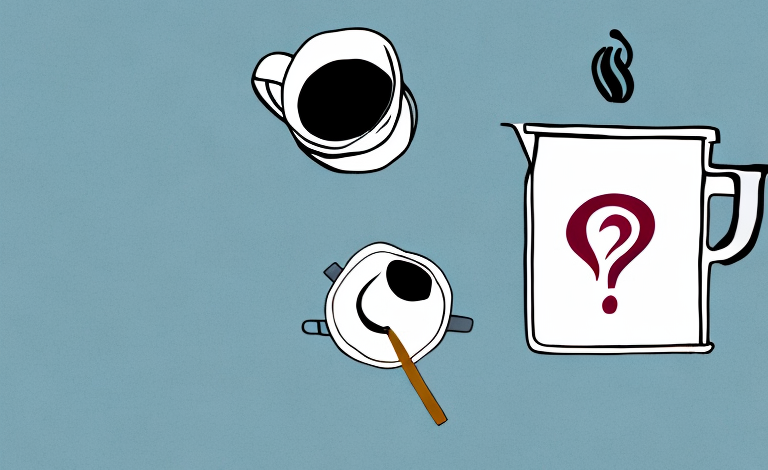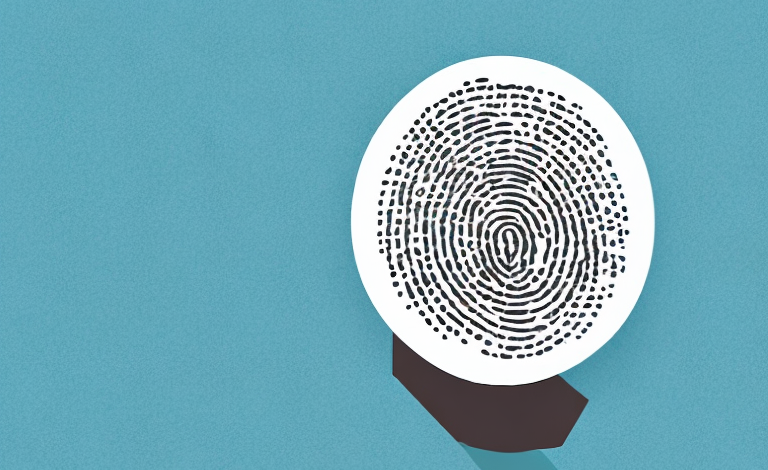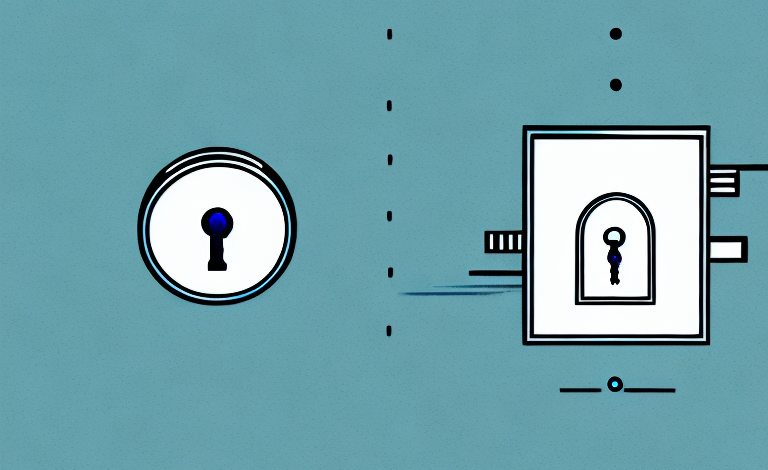As coffee lovers, many of us have experienced the frustration of brewing what we thought would be the perfect cup, only to have it fall short of our expectations. The truth is, there are many variables that can affect the taste of your coffee- from the quality of your water to the brewing method you use. In this article, we’ll explore all the factors that contribute to coffee taste and how to control them for a consistently delicious cup every time.
Understanding the Role of Variables in Coffee Taste
One of the main reasons why coffee taste varies from cup to cup is because of variables that are difficult to control. For example, the humidity, temperature, and altitude of your environment can affect the way your coffee beans age and ultimately taste. Other variables include the quality and age of the beans you’re using, the water you’re brewing with, and even the type of brewing equipment you’re using.
Another important variable that can affect coffee taste is the roast level of the beans. Lighter roasts tend to have a more acidic and fruity taste, while darker roasts have a more bitter and smoky taste. The length of time the beans are roasted also plays a role in the final taste. Additionally, the grind size of the beans can affect the taste. Finer grinds are typically used for espresso, while coarser grinds are used for drip coffee.
It’s important to note that while these variables can affect the taste of your coffee, personal preference also plays a significant role. What one person considers a perfect cup of coffee may not be the same for someone else. Experimenting with different variables and finding what works best for you is key to enjoying a great cup of coffee.
The Impact of Water Quality on Coffee Flavor
Water is the primary ingredient in coffee, so it’s no surprise that the quality of your water can have a significant impact on taste. Water that’s too hard or soft can affect the way the coffee beans extract, resulting in a flavor that’s either too bitter or too weak. It’s important to use clean, filtered water that’s at the right temperature for brewing- between 195°F and 205°F- for the best taste.
In addition to the quality and temperature of the water, the mineral content can also affect the flavor of your coffee. Water with high levels of minerals, such as magnesium and calcium, can enhance the flavor of coffee and give it a fuller body. However, too much of these minerals can also result in a metallic or bitter taste. It’s important to find the right balance of minerals in your water to achieve the perfect cup of coffee.
How Roast Level Affects Your Coffee Taste Experience
The degree to which coffee beans are roasted can significantly impact the taste of your coffee. Lighter roasts tend to have a more acidic flavor profile, while darker roasts have a deeper, richer taste. Experiment with different roast levels to find the one that suits your individual preferences.
Aside from taste, roast level can also affect the caffeine content of your coffee. Contrary to popular belief, darker roasts actually have slightly less caffeine than lighter roasts. This is because the longer roasting time breaks down the caffeine molecules. So, if you’re looking for a stronger caffeine kick, opt for a lighter roast.
It’s also important to note that different coffee beans have different ideal roast levels. For example, beans from Ethiopia tend to have a fruity and floral flavor profile that is best highlighted with a light roast, while beans from Brazil have a nutty and chocolatey taste that is better suited for a medium roast. Knowing the origin of your coffee beans can help you determine the best roast level for optimal flavor.
Grind Size: The Subtle but Critical Factor in Coffee Flavor
The size of your coffee grounds can also affect the taste of your coffee. Finely ground coffee is best for espresso and Turkish coffee, while coarsely ground coffee is favored for French press and cold brew. Incorrectly sized coffee grounds can over or under-extract, resulting in a taste that’s either too bitter or too weak.
Aside from affecting the taste of your coffee, grind size can also impact the brewing process. For example, a finer grind requires a shorter brewing time, while a coarser grind requires a longer brewing time. Additionally, the type of coffee bean can also influence the optimal grind size. For instance, a darker roast may require a coarser grind to prevent over-extraction.
It’s important to note that the grind size should also be adjusted based on the brewing method being used. For example, a drip coffee maker may require a medium grind, while a pour-over method may require a finer grind. Experimenting with different grind sizes and brewing methods can help you find the perfect balance for your taste preferences.
The Importance of Brew Time and Temperature for Consistent Taste
Brew time and temperature are critical factors for a consistently delicious cup of coffee. Brewing too short or too long can affect the strength and flavor of the coffee, while brewing at the wrong temperature can lead to off-flavors or a burnt taste. Always follow the instructions for your brewing method carefully and adjust as needed to find the perfect balance.
Another important factor to consider when brewing coffee is the quality of the water used. Water that is too hard or too soft can affect the taste of the coffee. It is recommended to use filtered water or bottled water to ensure the best possible taste.
Additionally, the freshness of the coffee beans can also impact the taste of the final product. It is best to use freshly roasted beans and grind them just before brewing to ensure maximum flavor and aroma. Storing coffee beans in an airtight container in a cool, dark place can also help to maintain their freshness.
How to Adjust Your Brew Ratio for the Perfect Cup Every Time
The ratio of coffee to water used in your brewing method can also affect taste. The standard ratio is two tablespoons of coffee per six ounces of water, but this can be adjusted according to your individual preferences. Experiment with different ratios to find the perfect balance for your taste buds.
Another factor to consider when adjusting your brew ratio is the type of coffee beans you are using. Different beans have different flavor profiles and strengths, which can affect the overall taste of your coffee. For example, a darker roast may require a higher coffee to water ratio to balance out its bold flavor, while a lighter roast may need a lower ratio to prevent it from tasting too weak. Take note of the type of beans you are using and adjust your ratio accordingly to achieve the perfect cup every time.
The Role of Freshness in Coffee Flavor and How to Store Beans Properly
Freshness is key to a good cup of coffee. As coffee beans age, they lose flavor and become stale. Storing coffee beans properly in a cool, dry place and grinding them just before brewing can help preserve their freshness and ensure the best taste.
Another important factor in maintaining coffee freshness is the packaging. Coffee beans should be stored in airtight containers to prevent exposure to oxygen, which can cause them to go stale faster. Some coffee roasters even offer special bags with one-way valves that allow carbon dioxide to escape while preventing oxygen from entering.
It’s also important to note that different types of coffee beans have different optimal freshness timelines. For example, Arabica beans tend to have a shorter shelf life than Robusta beans. It’s a good idea to check the roast date on the packaging and consume the beans within a few weeks of that date for the best flavor.
The Impact of Brewing Method on Flavor: French Press vs Drip vs Espresso
The type of brewing method you choose can have a significant impact on the flavor of your coffee. French press coffee tends to have a full-bodied, rich taste, while drip coffee is usually lighter and more acidic. Espresso has a concentrated, intense flavor that’s favored by many coffee lovers. Experiment with different brewing methods to find the one that suits your preferences.
It’s not just the brewing method that affects the flavor of your coffee, but also the quality of the beans and the water you use. Using freshly roasted, high-quality beans and filtered water can enhance the taste of your coffee, regardless of the brewing method. Additionally, the grind size of the beans can also impact the flavor. For example, a coarser grind is typically used for French press, while a finer grind is needed for espresso. Keep these factors in mind when brewing your coffee to achieve the best possible flavor.
How to Troubleshoot Common Coffee Taste Issues
If you’re experiencing issues with the taste of your coffee, there are several common problems that could be to blame. A bitter taste could be due to over-extraction, while a weak taste could be due to under-extraction. A sour taste could indicate that your water temperature is too low, and a burnt taste could mean that your coffee is getting too hot during brewing. Troubleshoot these issues by adjusting the brewing method or equipment you’re using.
Experimenting with Different Beans, Blends, and Origins for Unique Flavors
Finally, one of the best ways to enhance your coffee taste experience is to experiment with different types of beans, blends, and origins. Each coffee has its unique flavor profile, and trying a variety of options can help you discover new taste sensations that you never knew existed.
Expert Tips for Enhancing the Flavor Profile of Your Home-Brewed Coffee
Here are some final expert tips for enhancing the flavor profile of your home-brewed coffee:
- Always use fresh, high-quality coffee beans
- Preheat your brewing equipment before adding the coffee and water
- Avoid stirring your coffee as it brews, as this can extract bitter flavors
- Consider adding a pinch of salt to the grounds before brewing to help counteract bitterness
Understanding the Science Behind Flavor and Aroma in Coffee
The final point to keep in mind is that the taste of your coffee is more than just the sum of its parts. The aroma and flavor of coffee are a result of complex chemical reactions that occur during the brewing process, and understanding the science behind these reactions can help you better control the taste of your coffee.
Top Mistakes to Avoid When Brewing Coffee at Home
Before we conclude, let’s highlight some common mistakes to avoid when brewing coffee at home. These include:
- Using stale, low-quality coffee beans
- Brewing with water that’s too hot or too cold
- Using the wrong grind size for your brewing method
- Stirring the coffee as it brews
Conclusion: Achieving Consistent, Delicious Coffee at Home
In conclusion, there are many factors that contribute to the taste of your coffee, but by understanding these variables and experimenting with different brewing methods, beans, and blends, you can achieve a consistently delicious cup every time. Keep in mind the tips and advice shared in this article, and you’ll be on your way to enjoying the best coffee flavor possible.



